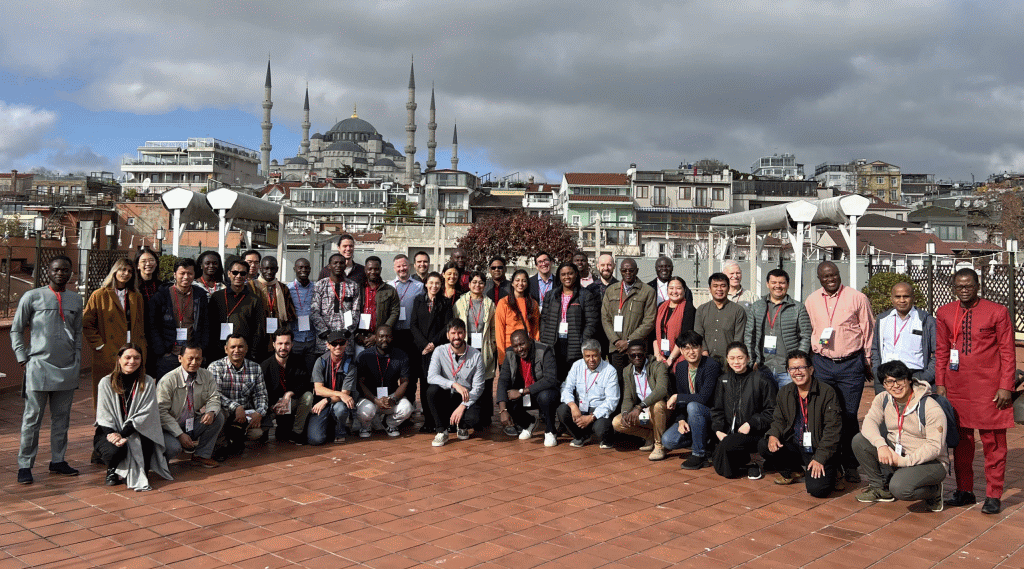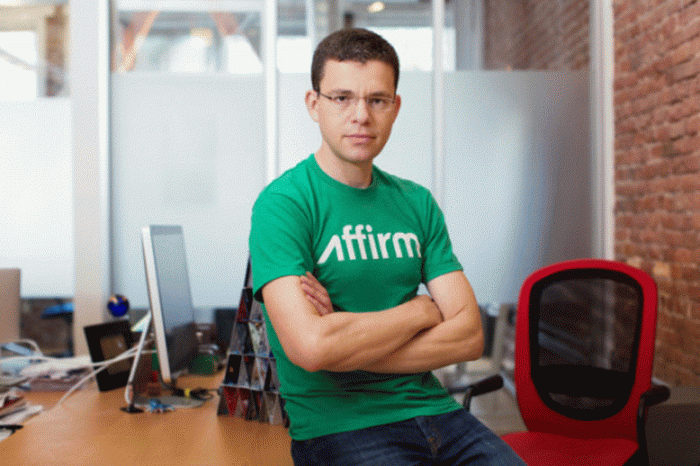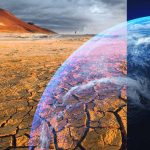Climate startup The Degrees Initiative raises around $1M from Facebook co-founder Moskovitz, others to fund research into cooling the Earth with sunlight reflection

Climate change is one of the biggest challenges of our times. According to estimates, losses due to weather-related events have increased nearly ten-fold over the last four decades, from a ten-year global average of $12 billion in 1980 to $119 billion in recent years. That’s why companies, governments, research institutions, and NGOs are working on various measures to combat climate change.
While it is true that we cannot stop climate change overnight, we can slow the rate, reverse the trend, and reduce global warming by reducing human emissions. There are a number of solutions currently being used to reduce the effect of global warming including planting trees and carbon capture. But one less-known solution is solar radiation modification (SRM), a controversial proposal for reducing some of the impacts of climate change by reflecting a small fraction of sunlight away from the Earth.
One of the leading proponents of SRM is The DEGREES Initiative, a nonprofit research organization dedicated to putting the Global South at the center of the SRM conversation. DEGREES stands for DEveloping country Governance REsearch and Evaluation for SRM.
Today, the NGO announced the expansion of its research into the impacts of solar radiation modification (SRM) in the Global South. The new projects—which cut across Africa, Asia, and South America—will more than double the number of research teams exploring how SRM could affect the Global South.
The new teams are based in Benin, Brazil, Cameroon, Chile, Ghana, India, Indonesia, Malaysia, Mali, Nigeria, Pakistan, South Africa (x2), Thailand, and Uganda. Over the next two years, they will explore how SRM could affect climate impacts in their regions.
Along with the research expansion, The DEGREES Initiative recently received a new infusion of $900,000 to support its scientist in studying the effects of reflecting sunlight to cool the Earth and mitigate the impacts of global warming. The money comes from Open Philanthropy, a venture funded primarily by billionaire Dustin Moskovitz, a co-founder of Facebook.
“The climate-vulnerable countries of the Global South must be central to any efforts to understand solar radiation modification (SRM),” says Andy Parker, founder and CEO of the Degrees Initiative. “The more global south experts understand SRM and its implications, the better placed they will be to shape SRM governance arrangements, to stand up for their interests, and to resist any bad-faith attempts to persuade them to support or oppose SRM”.
On Tuesday, The Degrees Initiative and the United Nation’s World Academy of Sciences also announced they are distributing more than $900,000 to scientists across Africa, Asia, and South America to study solar radiation modification in a program called “The Degrees Modelling Fund.”
However, according to NASA, “Sunlight reflection is not a solution to climate change or global warming. It is a relatively fast and inexpensive way to temporarily cool the Earth. We know it works: In the 15 months following the eruption of Mount Pinatubo in the Philippines in 1991, the average global temperature was about 1 degree Fahrenheit lower.”
In an interview with CNBC, Degrees Initiative co-founder and CEO Andy Parker said the organization has received funds from various donors over the years, but the biggest has been Open Philanthropy and all of the $900,000 disbursement announced Tuesday came from that group.
The new funding will go to 81 scientists in Benin, Brazil, Cameroon, Chile, Ghana, India, Indonesia, Malaysia, Mali, Nigeria, Pakistan, South Africa, Thailand, and Uganda working on 15 solar geoengineering modeling projects.
“Like anyone else sensible, when I first heard about the idea of blocking out the sun, I thought it was a terrible idea. As time goes by, the view didn’t really change it. It’s a horrible idea,” Parker told CNBC. “But it may prove to be less horrible than not using it and allowing temperatures to keep rising if we don’t cut our emissions far enough.”

Photo of DMF researchers, collaborators and DI staff at a workshop in Istanbul, Turkey. 2023




